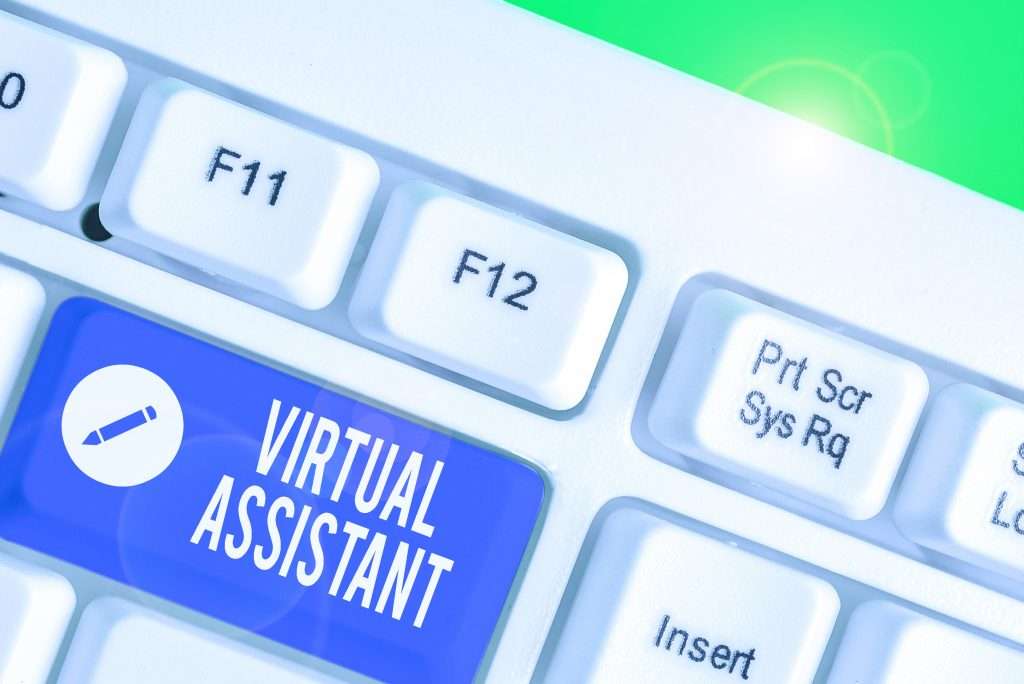Oftentimes, businesses can fall into the trap of believing that town hall meetings are an unnecessary way of spending those all-important company hours, but they can ultimately play a significant role in restoring a sense of transparency and togetherness throughout all levels of a company.
According to a Slack survey, some 87% of employees wanted to experience better transparency in the workplace. Despite many businesses embarking on a new era of digital transformation and flexible working, town halls remain the very best way for upper management to connect with everybody within a company.
By opening up the floor for conversations surrounding key and upcoming talking points can play a vital role in helping employees at all levels to feel valued, and more engaged in the company as a whole.

(Image: McKinsey)
Furthermore, we can see from McKinsey data that there’s a significant purpose gap that exists between upper management and frontline employees. Although town halls may not single-handedly bridge such a gulf, the act of aligning company performance, goals, and long-term challenges with entire teams can help to build a better sense of inclusivity and improve employees’ sense of belonging within a company.
What is a Town Hall Meeting?
Another term for town hall meeting is an ‘all-hands-on’ meeting, and is attended by everyone within the company–whether it be in person or dialed in online.
Taking their name from the local town hall meetings that were traditionally set up by politicians or legislators in town halls or designated venues to discuss changes in the area, business-based town hall meetings are generally regarded as a key update on business performance, ambitions, and processes.
Often hosted by senior personnel, town halls are a great way of delivering regular transparency throughout the business, and matters like financial performance, client acquisition, partnerships, and other notable changes in structure are laid bare for full clarity across all levels.
Hosting town hall meetings across a company can be tricky, which is why managers must work on a successful and functional format that can keep employees engaged and informed throughout. Let’s take a deeper look at five key approaches that can be taken to achieve this:
1. Establish a Clear Agenda with Approximate Timings
The best approach when tackling a town hall is to set up a clear agenda to ensure that there is a sufficient amount of structure for everyone to follow.
When deciding on talking points, take a moment to consider the upcoming changes that the company is set to experience, and be sure to include them. You should also share your agenda prior to the meeting to ensure that there are no unwanted surprises in the minutes–unless they’re fun ones.
Keep things concise when creating your agenda, and include estimates regarding when certain points will be covered.
As a preparation tool, it’s worth keeping your agenda as a template for future town hall meetings as this can create a sense of familiarity and ensures that everybody will be on the same page as to what’s coming up.
Furthermore, include a little gap at the end of the presentation for any other business, which is an important addition to make.
2. Get Your Frequency Right
The frequency in which you hold town halls can depend on a number of factors. For larger companies, it can be difficult to get everyone together and holding, say, weekly meetings can prove more troublesome for the volume of information available.
There’s also little point in hosting a town hall meeting if there aren’t actually any new developments to share. So for slower moving companies, it’s worth considering holding these meetings on a monthly or quarterly basis.
However, if you’re a startup that’s undergoing rapid growth, it could be worth creating weekly meetings with key updates to keep all team members up to date with your progress.
3. Use the Right Tools to Simplify Your Meetings
Town hall meetings should be as inclusive as possible in welcoming all areas of the company. This means that choosing the right virtual meeting software for remote employees to take part can be an essential consideration.
Pick an easy-to-use and well-known platform that’s functional enough to host a meeting without the risk of any issues. Platforms like Google Meets, Zoom, and Webex can be strong solutions in terms of hosting software.
When it comes to your presentation content, use resources that offer a vast library of professionally designed slides that suit a range of purposes. This can help to take out many wasted hours of the preparation process, leaving you with the simple act of adding the data and content itself.
4. Operate as a Platform for Employees to Share their Thoughts
One of the most essential aspects of a town hall here is to ensure that your employees feel valued, and as though they have a key stake in the company.
To incorporate the thoughts of employees into your processes, consider setting up an anonymous box to share suggestions or thoughts on company strategy, and open up the floor to a live Q&A session at the end of the meeting.
Inviting questions ahead of the meeting can be good as a means of helping managers to prepare for what’s to come and limit the risk of being blindsided by unexpected queries.
5. Record Your Town Hall
Make sure that your town hall is recorded. This can be great for sharing with employees who may have been unable to attend, or who were unwell on the day of the meeting.
Fortunately, many types of video conferencing software include the option of recording meetings, and having your previous meetings on record can not only help employees to catch up on the town halls that they’ve missed, but it can also serve as a great library of reference points to base future presentations on. For instance, you can look back to your Q1 forecasts to grab a quote to confirm that you’ve outperformed your expectations by Q4.
Although town hall meetings may not get the respect they deserve throughout organizations, they remain a key component of delivering comprehensive transparency throughout a company. By optimizing your meetings to cater to everyone and to become as clear as possible about performance, you can maximize your chances of possessing a happy and productive workforce.
























































































































































